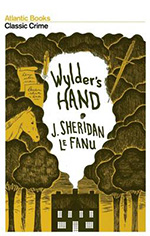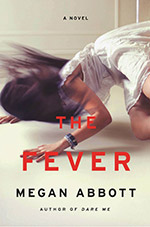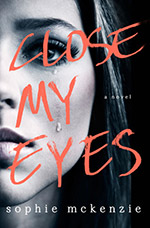Laura Lippman: Wilde Lake
 Laura Lippman’s thoughtful new standalone novel, Wilde Lake, assumes the structure of Harper Lee’s beloved To Kill a Mockingbird but brings the story into the present day. The book is very much Lippman’s own, but the shadow of Mockingbird hovers. It enables the reader to consider both more deeply. In Lippman’s incarnation, which opens with an act of violence involving the narrator’s older brother (even ending in a broken arm, as Jem’s act does) all the moving pieces are there. Lippman centers her story on young Lu, who lives with her widowed father and her older brother in the newly created suburb of Columbia, Maryland, an attempt at a Utopian suburb, down to the outdoor structures designed by Frank Gehry.
Laura Lippman’s thoughtful new standalone novel, Wilde Lake, assumes the structure of Harper Lee’s beloved To Kill a Mockingbird but brings the story into the present day. The book is very much Lippman’s own, but the shadow of Mockingbird hovers. It enables the reader to consider both more deeply. In Lippman’s incarnation, which opens with an act of violence involving the narrator’s older brother (even ending in a broken arm, as Jem’s act does) all the moving pieces are there. Lippman centers her story on young Lu, who lives with her widowed father and her older brother in the newly created suburb of Columbia, Maryland, an attempt at a Utopian suburb, down to the outdoor structures designed by Frank Gehry.
 A stolen passport will only get you so far.
A stolen passport will only get you so far. 





